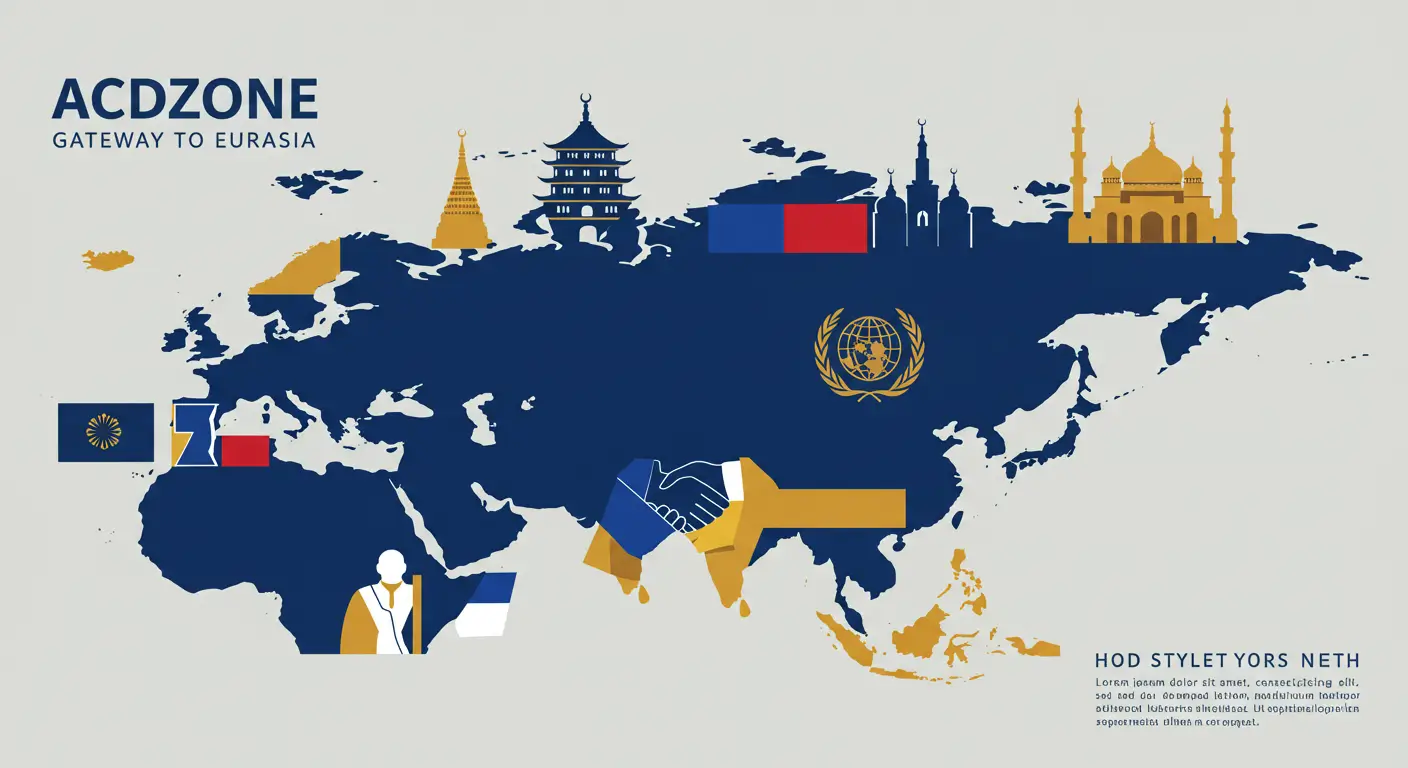Thailand: The Land of Vibrant Festivals and Living Traditions
In Thailand, a festival is more than just a celebration—it’s a reflection of the nation’s soul. Throughout the year, the country comes alive with festivals that weave together faith, folklore, community, and color. Whether you’re exploring the bustling streets of Bangkok or wandering the serene villages of the north, every season brings with it an invitation to witness and participate in time-honored traditions that blend joy, reverence, and spectacular artistry.
1. Songkran: The New Year’s Splash of Renewal
Held in mid-April, Songkran marks the traditional Thai New Year and is perhaps the country’s most renowned festival. During this period, people joyfully splash water on one another, symbolizing purification and the washing away of misfortunes. It transforms into a massive street celebration with music, dancing, and an unrelenting wave of happiness.
2. Yi Peng: Floating Dreams into the Sky
In November, the skies of Chiang Mai illuminate with thousands of glowing lanterns during Yi Peng. People release paper lanterns into the night sky, sending away misfortunes and making wishes for the future. The festival’s serene atmosphere, combined with traditional chants and ceremonies, creates a truly ethereal experience.
3. Loy Krathong: Lights upon the Water
Coinciding with Yi Peng in many regions, Loy Krathong is celebrated by floating intricately decorated banana-leaf boats (krathongs) on rivers and lakes. These small offerings—lit with candles and incense—symbolize gratitude to the water goddess and a spiritual cleansing from negativity.
4. Surin Elephant Festival: Majesty on Parade
In the province of Surin, the Elephant Festival is a remarkable tribute to the revered elephants of Thailand. The event features colorful parades, traditional performances, and playful games, highlighting the deep cultural connection between Thais and these majestic animals.
5. Muay Thai Festivals: The Spirit of a Nation
Muay Thai, Thailand’s national martial art, is celebrated through dedicated festivals featuring competitions, rituals, and cultural shows. These events go beyond sport, acting as a homage to Thai discipline, history, and national pride.
6. Buddhist Ceremonial Days
Throughout the year, important religious days like Magha Puja and Visakha Bucha are observed in temples nationwide. These days are marked by candlelit processions, meditation, and merit-making, offering a peaceful contrast to the country’s more exuberant festivals.
Conclusion
Thailand’s festivals are more than events—they are expressions of national identity, spiritual devotion, and joyful community life. Whether sacred or playful, each celebration opens a window into the heart of Thai culture, inviting locals and visitors alike to take part in its vibrant rhythm.





No comment